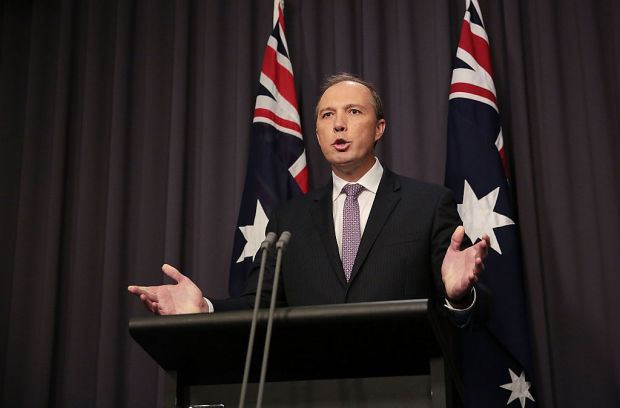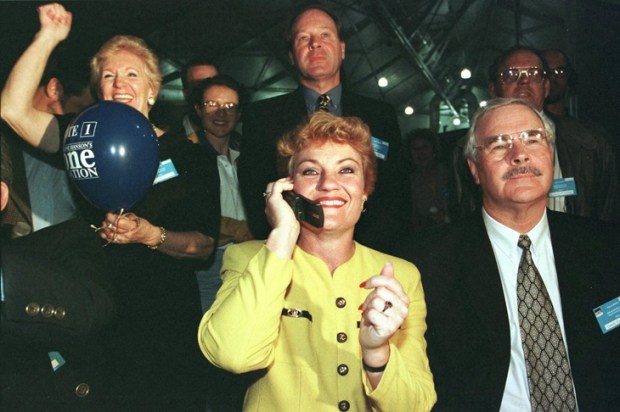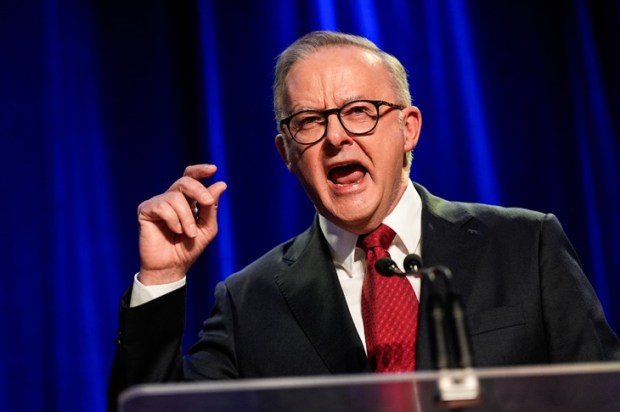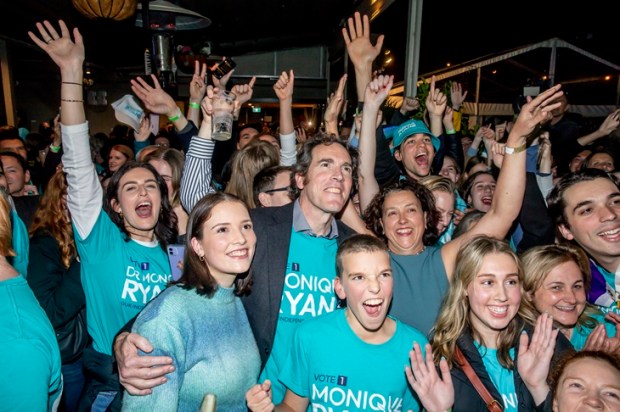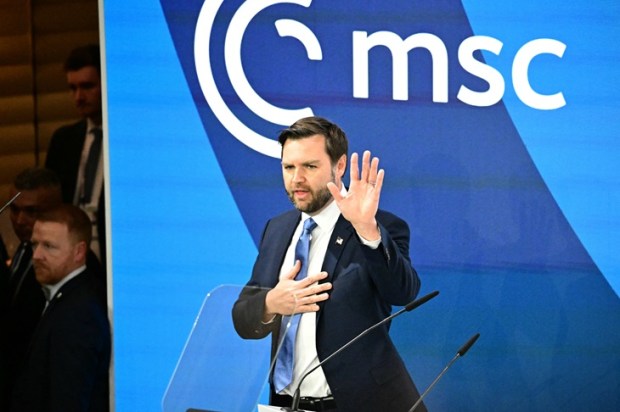The much-anticipated Queensland election will be held on Saturday, October 26. The Queensland Opposition, under the leadership of David Crisafulli, is widely tipped to prevail at the election, thereby changing the government after almost ten years of Labor rule. The latest popular polls indicate that, on a two-party preferred basis, the LNP is likely to get 55 per cent of the vote.
There is always an expectation among readers, that ‘advice’ will be offered on how to vote. However, I am not in the business of pontification and, hence, any recommendation on how to vote will not be forthcoming in these musings. Instead, it is preferable to focus on recent political events in Queensland, and the actions of the current Labor government and of the Opposition in a detached manner to enable readers to make up their own mind about their preferred next government.
The Labor Premier, Steven Miles, has embarked on a campaign of doling out monetary ‘benefits’ to bamboozle electors into voting for his rotten government. Specifically, his government introduced the 50 cents flat transport rate on the Translink network in Southeast Queensland, including regional urban buses, trains, trams, and ferry services. This potentially represents a huge saving on transport costs for Queensland travellers. Although many people will welcome the government’s largesse and regard this as an honest and economically sound attempt at lowering the cost of transport, others will characterise it as an insalubrious and sickening election bribe and blatant exercise in vote buying. Certainly, the Premier has already indicated that he intends the flat fare to become permanent if he wins the election. Not to be trumped, the LNP, sheepishly parroting the government, also committed itself to making it permanent. Quite apart from the economic implications of this large-scale price reduction, for example, its impact on other sectors of the economy, someone will always have to pay for it, and it will be the taxpayer who will foot the bill. Hence, the benefit may be a chimera. As former Prime Minister, Malcolm Fraser, used to say: ‘There is no such thing as a free lunch.’
The Labor government’s largesse does not seem to have bounds. Indeed, as part of its Queensland Cost of Living Action plan, it also reduced the car registration fee by around $200 and granted taxpayers a $1,000 subsidy to reduce their high energy costs. Nothing is as good as a looming election to extort benefits from a struggling government!
The government endeavours to provide reasons for its largesse, which may well sway undecided electors to vote for the current administration. For example, there is anecdotal evidence that Queensland residents agree with the government’s narrative that the 50 cents transport fare is good policy because they expect it will result in lowering the level of air pollution. This may be true because trains travel on designated routes and, therefore, are less likely to pollute the environment. They also point to less road congestion, more convenience for commuters, less stress, and more time to work on the train, or to enjoy extra leisure time.
More worrying is the report that Premier Steven Miles might consider a Coalition with the Greens and Katter MPs to hang on to government if it fails to win the election. The Greens proposal to freeze rents, and cap rent increases, closing new coal and gas mines, based on the discredited claim that CO2 is responsible for higher temperatures, fully funded and free education, and proposed nationalisation of essential industries is a recipe for disaster.
The LNP intends to tackle youth crime and its leader, David Crisafulli, has indicated that in his first one hundred days in office as the Premier of Queensland, Parliament will adopt a law to lower the age of criminal responsibility; the motto is: adult crime, adult time. There is no doubt that youth crime is an endemic problem in Queensland and the Opposition sees it as an election winner and, hence, it has become a critical issue in this campaign. In this context, whilst any energetic government response to fight youth crime is welcome, it does not deal with the underlying causes which include, but are not limited to, the Woke-infested education in Queensland, the undermining of parental authority, the creeping secularisation and the demonising of religion in the public arena, the destruction of free speech, and failure to protect women-only spaces.
Labor adopted one of its most pernicious pieces of legislation on 10 September: the Respect at Work and Other Matters Amendment Bill 2024, the effect of which is to stifle the freedom of expression of Queenslanders. Section 124(1) relevantly states:
‘A person must not, because of the age, gender identity, impairment, race, religion, sex, sex characteristics, or sexual orientation of another person or a group of persons, engage in a public act that a reasonable person would consider hateful towards, reviling, seriously contemptuous of, or seriously ridiculing the other person or members of the group.’
Queensland’s failure to protect free speech and freedom of religion threatens the survival of democracy. Free speech encourages civil, and sometimes stern, discussion among the members of the polity, and it facilitates the survival of those democratic institutions that rely on the free flow of ideas. I have earlier excoriated this law for its idiocy and discernible authoritarian tendencies. Surely, the legislation’s impact on free speech will be on the electorate’s mind on October 26… However, there is no guarantee that the LNP, when in power, will have the courage to repeal this legislation. Experience suggests that, at best, we can only expect minor tinkering at the edges of the legislation.
The Opposition should address these concerns. Specifically, it should urgently confirm that free speech is not a threat to democracy but a core principle of every authentically democratic society and necessary to nurture its prosperity and welfare.
In any event, the LNP’s policies are often reactive in that they merely respond to failed Labor policies, thereby hiding the Opposition’s apparent admiration of labour-lite policies, and the irresponsible urge to seek to establish a government that is just a little bit right of the left-wing Miles government. Such an approach disregards that there are values worth fighting for, and that the electorate is likely to respond positively to a government that is willing to meaningfully implement common sense and, I dare say, sensible conservative policies that support the values upon which the Australian society is based. But politicians need courage to do that, especially at a time when the fourth estate is no longer doing its job.
There is evidence that the LNP may not have the courage to repeal Labor’s poisonous legislative legacy. For example, it only ditched Labor’s pernicious Aboriginal treaty making law after the Voice result became clear. David Crisafulli, mindful of the reason for the defeat of the one-term Campbell Newman government, also unwisely indicated that he will never reduce the size of the bureaucracy. In doing so, Crisafulli has painted himself into a corner and he will undoubtedly be criticised for any reduction in the number of quangos and bureaucrats. Obviously, his statement is unwise because it disregards the tipping point management principle according to which the benefits gained from increasing the bureaucracy are very minimal, and might even be regressive, and the chances are that the services delivered will be worse than before. This is because a burgeoning bureaucracy is often associated with attempts at empire building, and shifting blame, and involves hierarchical, rather than consensual, decision making, and diminished initiative taking. If so, the LNP will fail its electorate, already suffocated by the bureaucrats, which this publication irreverently, but correctly, described as the ‘expertocracy’.
One would be forgiven for thinking that the election will be a contest between parties eager to further develop and destroy a democracy already characterised by mediocrity.


